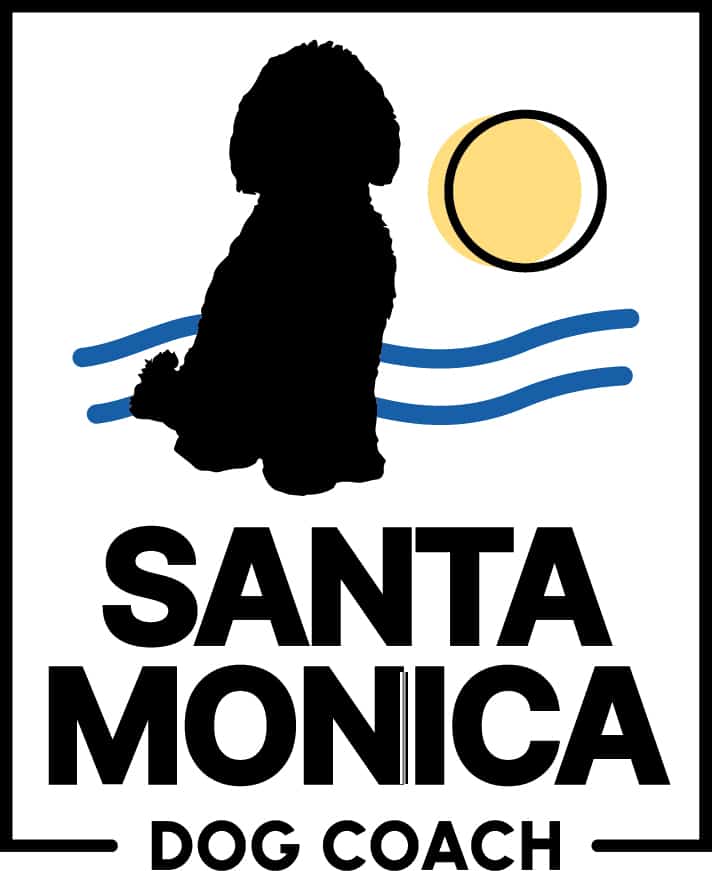There are lots of myths, urban legends and outdated advice surrounding house training on the Internet. Many involve potentially damaging ideas like correcting or punishing a puppy or rescue dog for an indoor elimination (teaches them to hide their elimination behind a sofa, in a closet, or in a rarely used room).
Puppies and dogs aren’t preprogrammed for indoor human living. They have no idea what’s expected of them until someone takes the time to patiently instruct them and reinforce what they’ve learned until lessons become habits.
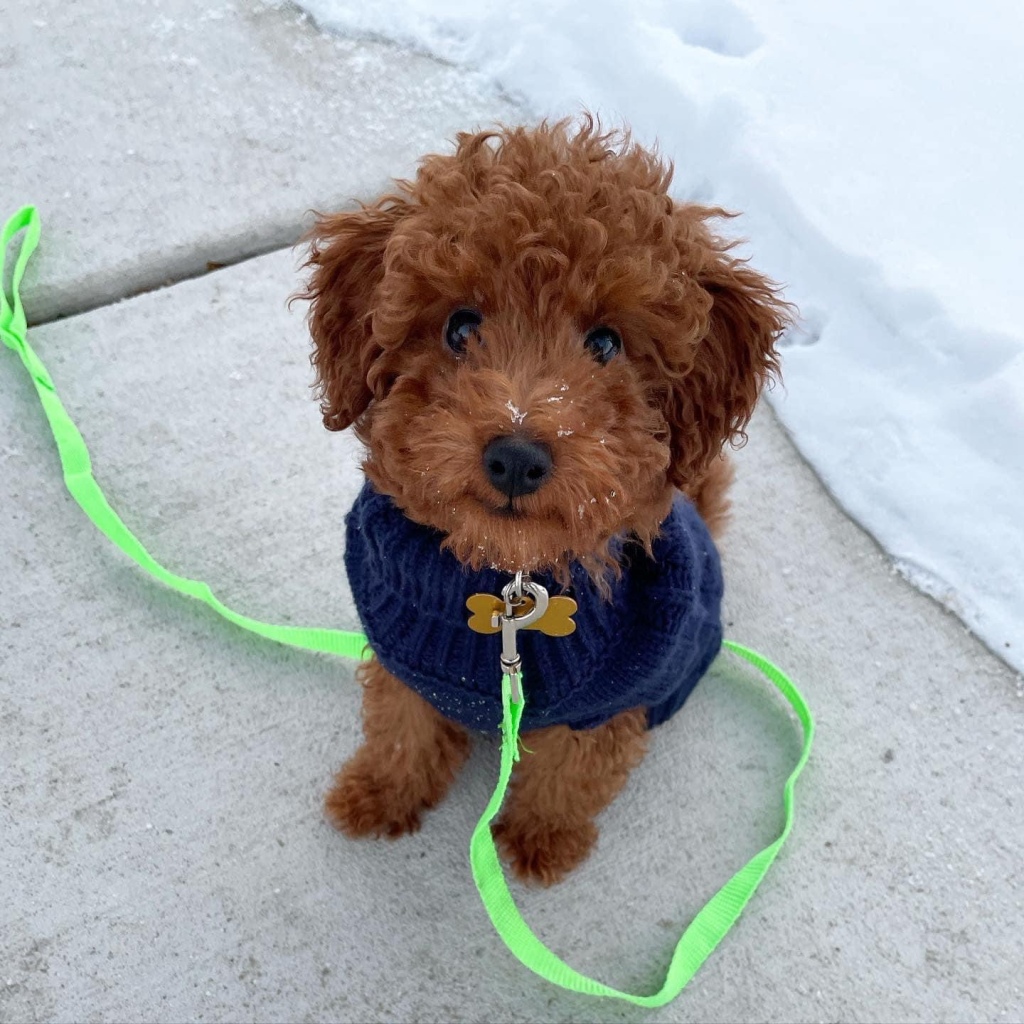
House training a puppy or dog to eliminate outside is easier and faster than teaching them to eliminate inside on a “pee pad” (which look like bath mats and throw rugs to puppies and dogs), in most cases.
A yard isn’t mandatory for outdoor house training. A balcony or patio with a grass pad works beautifully. Not to mention the convenience of not having to go outside overnight or during inclement weather.
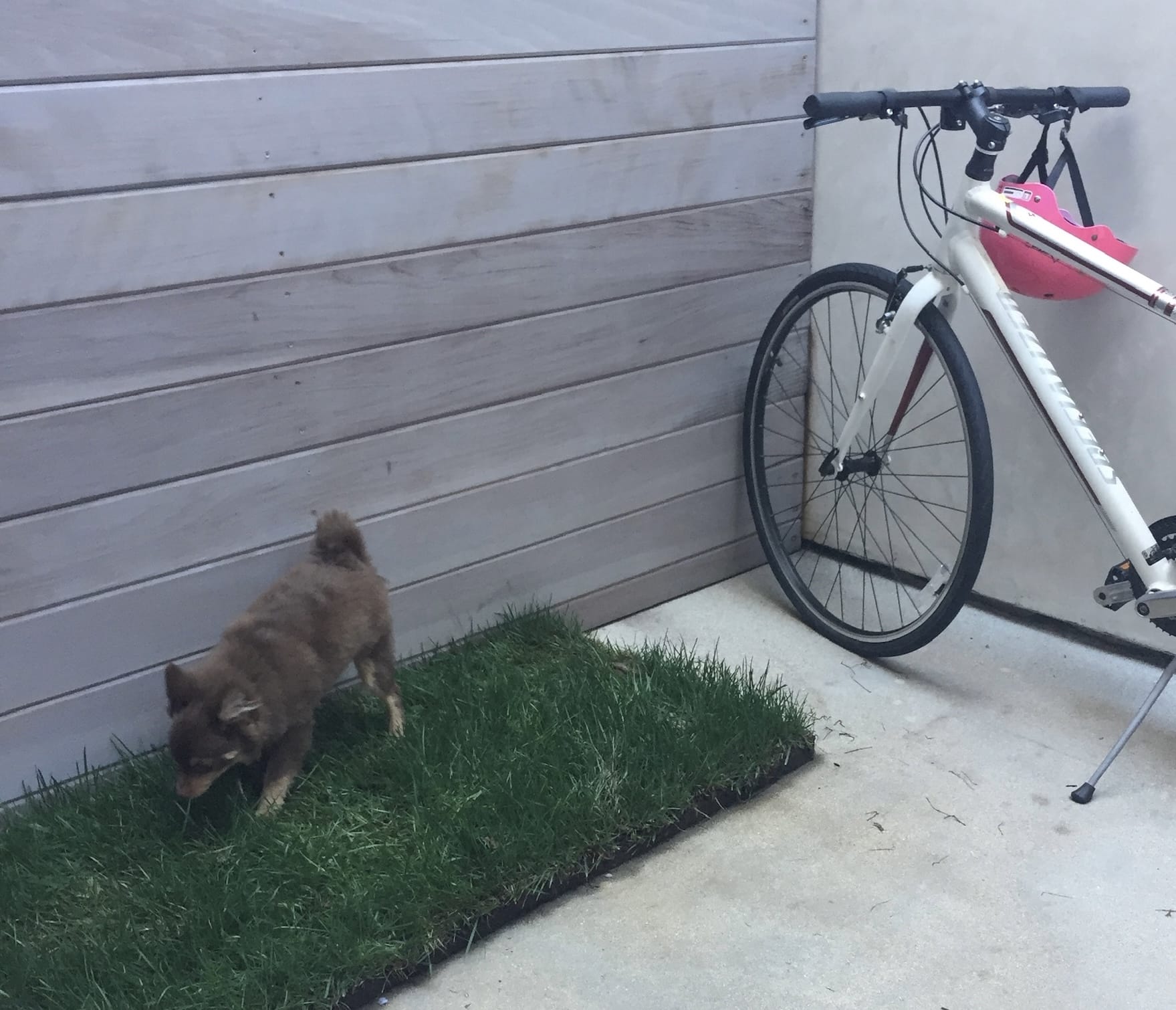
One thing I know for sure: the easier house training is on people, the more likely they’ll stick to a plan. The closer guardians stick to a plan, the more consistent their puppy’s learning is, and the faster house training becomes house trained.
House training requires 3 things to succeed: consistency, confinement, and realistic expectations.
It’s not realistic to expect a puppy or dog to not eliminate for 6 or more hours during the day (overnight is different. Their bodily functions slow down at that time).
It’s virtually impossible to house train a puppy or dog who has free range indoors. Confinement is key to house training because dogs have an instinctual desire to avoid soiling the place they sleep in.
Crate confinement isn’t necessary for house training success. Puppy pens and small rooms without carpet, such as a laundry room, bathroom, or kitchen can accomplish the same thing, when you cannot supervise.
It’s not realistic to expect puppies and dogs who’re new to house training to signal their need to eliminate without being taught how to do this.
Until then, a consistent potty schedule is your best house training tool. To make this as easy on the humans in your home as possible, I strongly recommend keeping a log showing the timing of all meals and eliminations, especially if multiple people are participating.
In my programs, I recommend guardians begin with 30 minute elimination intervals, for the first few days.
My recommended house training goals are:
- Prevent indoor eliminations by managing the environment
- Teach and reinforce where you want your puppy to eliminate
- Teach your companion’s body how to “hold it” and not eliminate the instant they feel an urge
- Teach puppies and dogs how to signal their need to eliminate, so you have the opportunity to avoid accidents
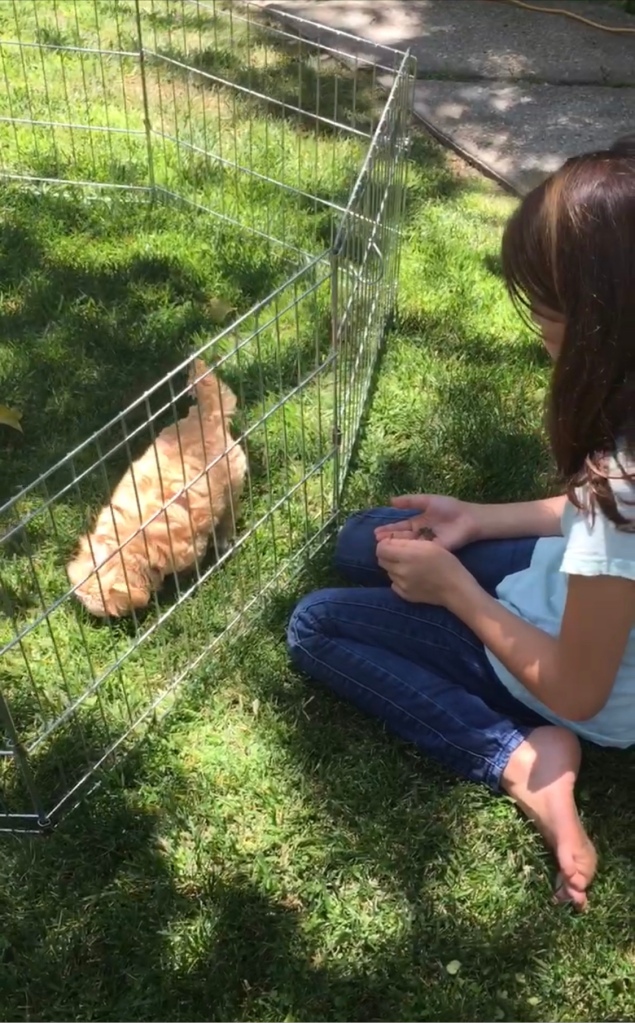
By the end of week one, puppies in my program are typically able to “hold it” up to an hour between eliminations. Most are also sleeping through the night without 2AM potty breaks.
For rescued adult dogs it will depend on where they’re starting from and how your environment’s arranged.
The majority of puppies and dogs in my programs are functionally house trained within 2 weeks.
If you’re struggling with house training, whether you have a puppy or adult dog, I can help you help your canine companion.
If you want to begin house training from the day your puppy or rescue dog arrives, my New Pup Preparation workshop can help you master house training, often without indoor accidents.
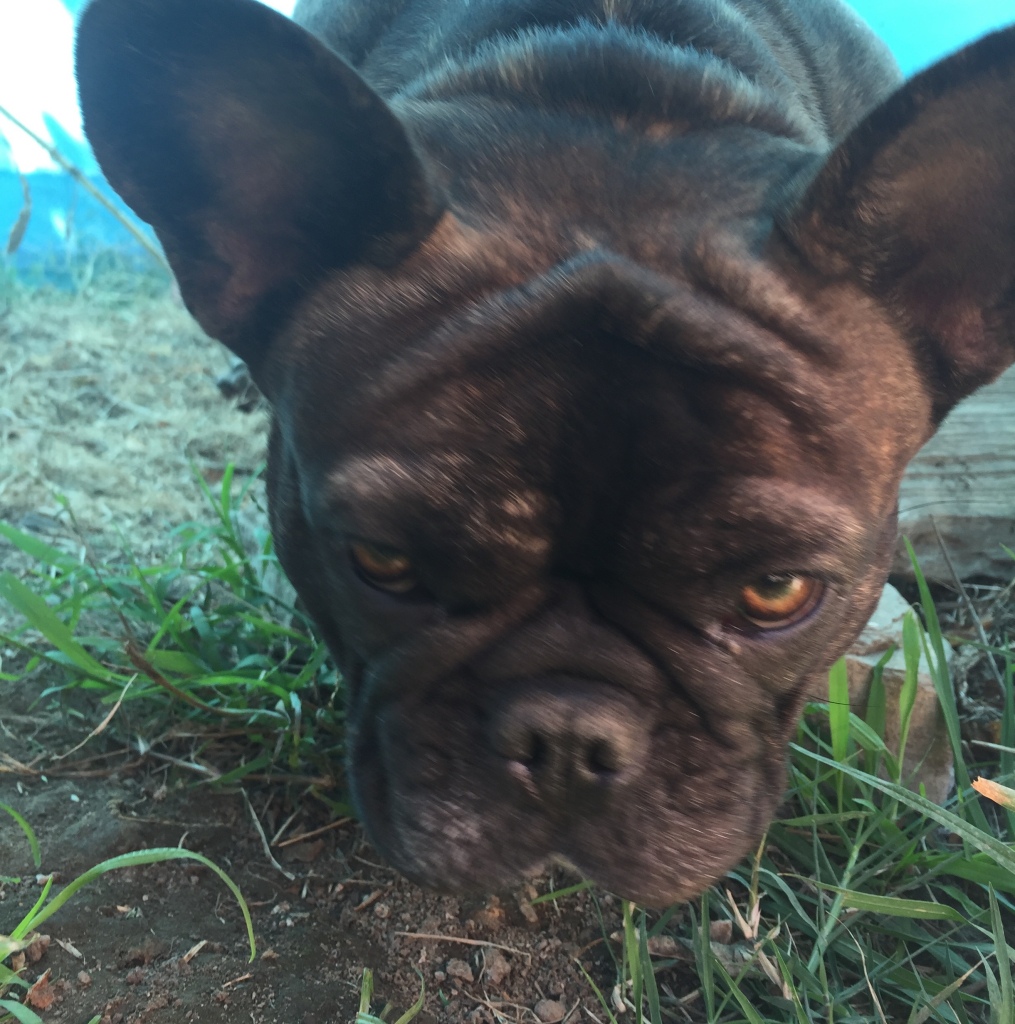
To get started, reach out and tell me about your pup, and where you are in their house training journey.
Dee Green has been a professional dog trainer and canine behavior consultant for more than 20 years. She specializes in puppies up to 18 months, and fearful, anxious and reactive dogs of all ages.
©️Dee Green, 2025
